Why Sleep Is Your Secret Weapon for Better Cycling
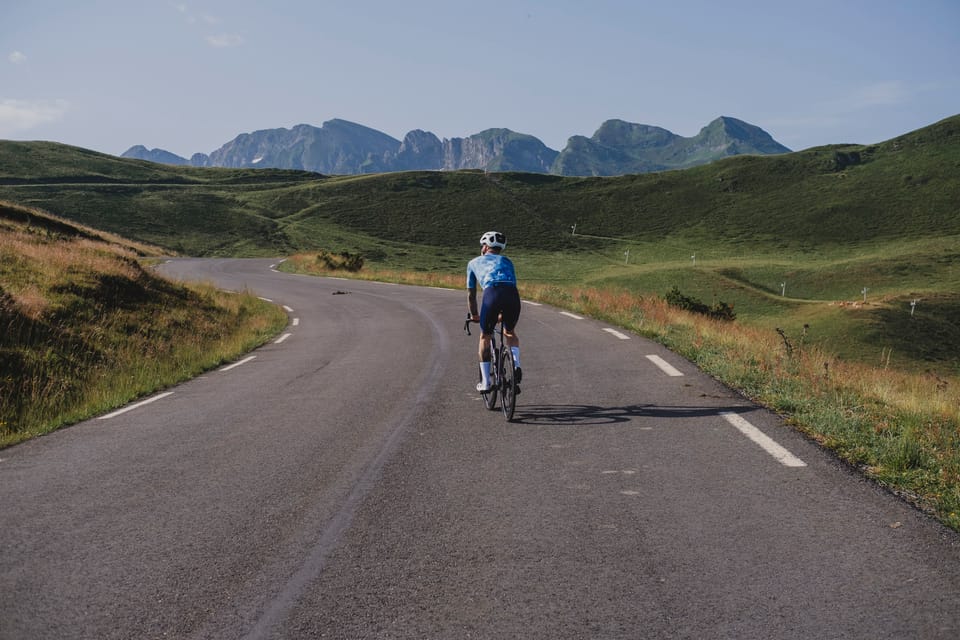
Why Sleep Is Your Secret Weapon for Better Cycling
Cycling isn’t just about pumping your legs or hitting your power numbers. It’s a whole package your food, your mindset, how well you recover. And sleep? It’s the quiet game-changer that most of us don’t treat seriously enough. I get it sleep feels passive. You’re not out there grinding watts or ticking off intervals. But if you’ve ever had a ride where everything felt off despite training well, sleep could be the missing link.
Energy Starts Here
Ever gone out after a rough night’s sleep? Maybe you felt okay at first like you could push on without issues. But somewhere around 20 or 30 minutes in, your legs just get sluggish, your brain drifts, and suddenly every pedal stroke feels heavier. It’s frustrating. That’s your body telling you it hasn’t had time to fully recharge.
Sleep isn’t just about resting; it’s when your body tops up its energy stores especially glycogen, the fuel your muscles burn on longer rides. Even if you’re eating right, skipping out on good sleep means your muscles don’t soak up or store energy efficiently. The result? You hit the wall sooner than you should.
Repair Happens When You’re Out Cold
Training breaks you down. Sleep rebuilds. That’s where muscle repair happens, hormones balance out, and inflammation gets dialed back. I didn’t appreciate this fully until I noticed how stubborn aches lingered when I was running short on sleep even though I was stretching and eating well.
It sneaks up on you. At first, it’s just minor soreness or feeling a bit slower. Then your coordination and reaction times start slipping, your joints might feel stiffer, and the whole ride gets a little more taxing. It’s more than just muscles it’s your entire body operating on a lower level.
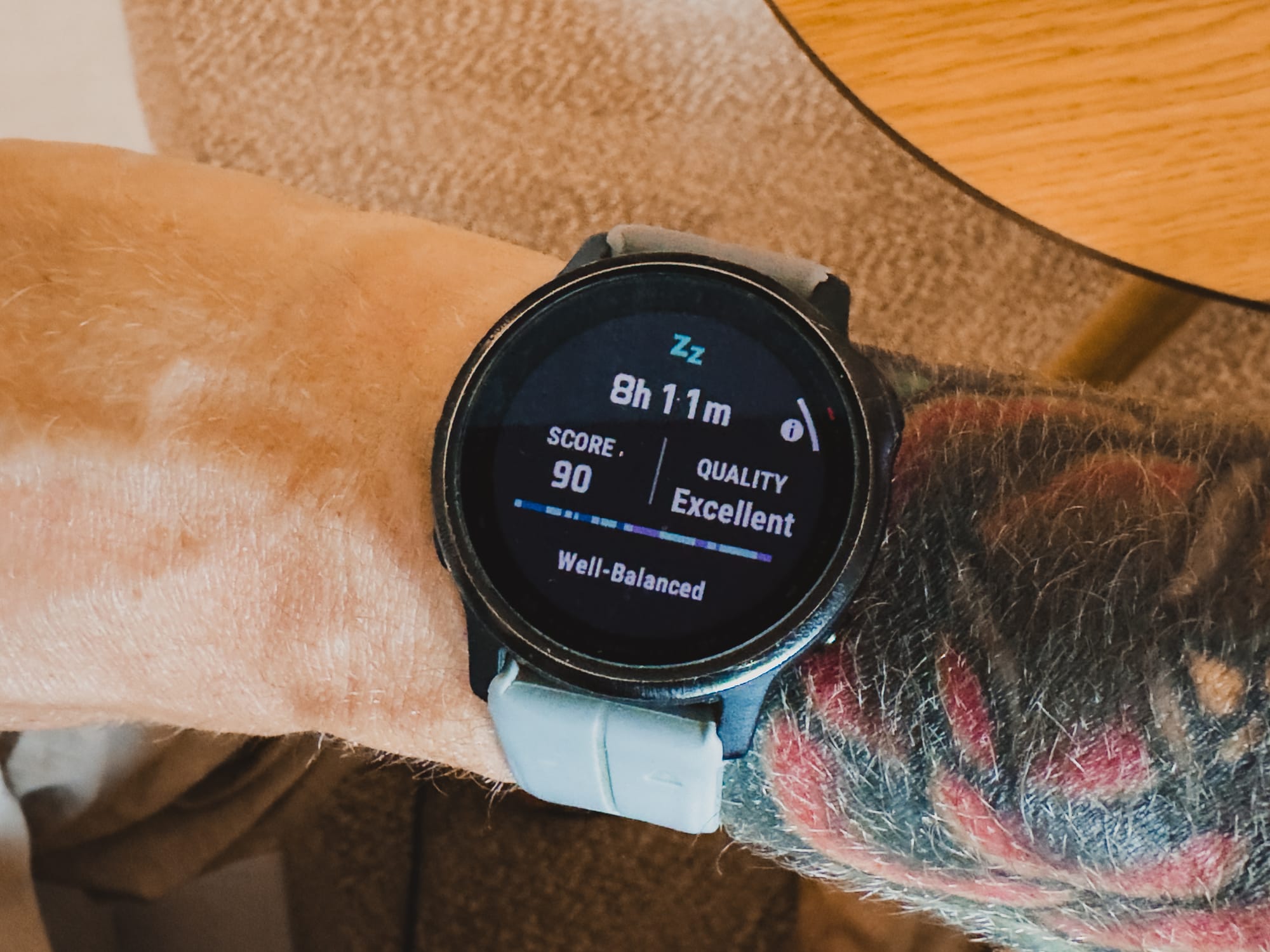
Your Brain Needs Rest Too
Cycling isn’t just a physical challenge; it’s mental. Especially when you’re in a group or racing, your brain’s making split-second calls when to attack, how to avoid hazards, when to draft or push. Sleep deprivation dulls this sharpness. You react slower, second-guess decisions, and might miss little things that add up like a pothole or a tricky corner.
These micro-errors don’t cause crashes every time, but they make riding less smooth, more stressful. And that stress drains energy too.
Why Rides Feel Harder When You’re Tired
This one surprised me. Even if my power output didn’t drop dramatically after a bad night, the ride just felt harder. Like pushing the same pedals but through mud. Your perceived effort rises, making the same workout feel way tougher.
This can mess with pacing and motivation. You might back off sooner or lose focus during key moments. Over weeks, that frustration builds and it’s easy to lose the joy of riding.
Consistency Over Perfection
No one’s perfect. Missing a few hours here and there won’t wreck your fitness. But chronic poor sleep? That piles up fast. You risk overtraining, getting sick, or simply burning out.
I started treating sleep as a key part of my training not obsessively, but with respect. I aim for a regular bedtime, limit screens before sleep, and keep my room cool and dark. It’s simple stuff, but it’s made a real difference.
Practical Sleep Tips That Helped Me
- Keep a consistent bedtime: I try to hit the sack around the same time every night. It helps my body settle into a routine, even if I don’t always fall asleep immediately.
- Limit screen time before bed: Those blue lights from phones and computers can mess with your sleep hormones. I set a ‘tech curfew’ about an hour before sleeping.
- Create a restful environment: Cool, dark, and quiet. I use blackout curtains and a white noise machine if needed.
- Watch your evening meals and caffeine: Heavy meals or caffeine late in the day can disrupt sleep. I keep my last coffee before mid-afternoon.
- Listen to your body: Sometimes you need an extra nap or an earlier night. I’ve learned to accept that rest isn’t cheating.
If you want to get better on the bike or just enjoy riding more look beyond training sessions and nutrition. Sleep touches everything: muscle recovery, mental sharpness, energy stores, even how hard effort feels.
So next time you wonder why a ride felt off, ask yourself: is it the training, or did I just not get enough sleep?

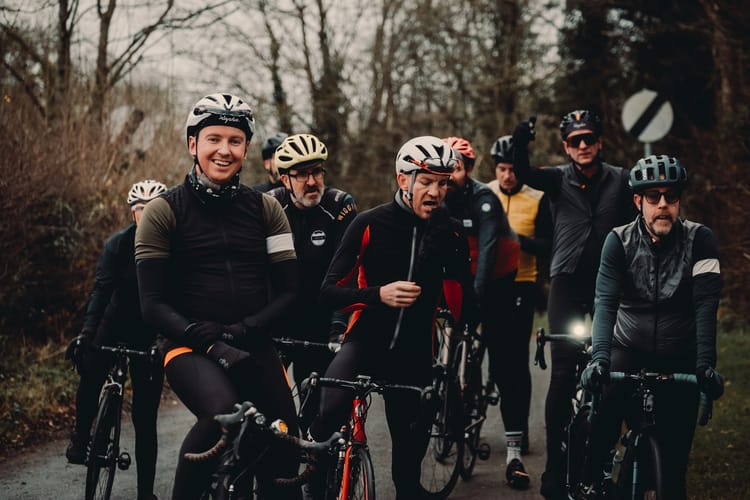
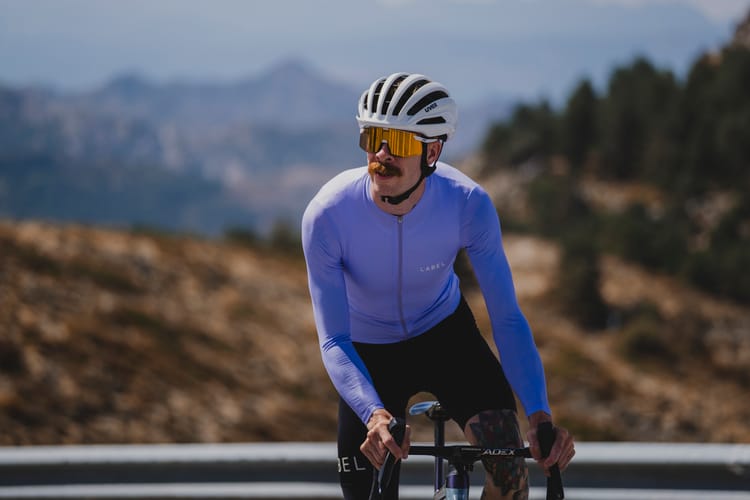
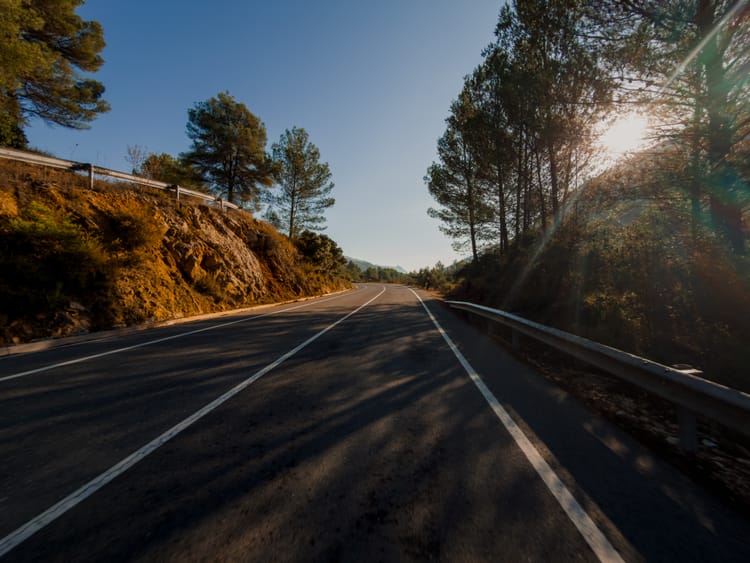
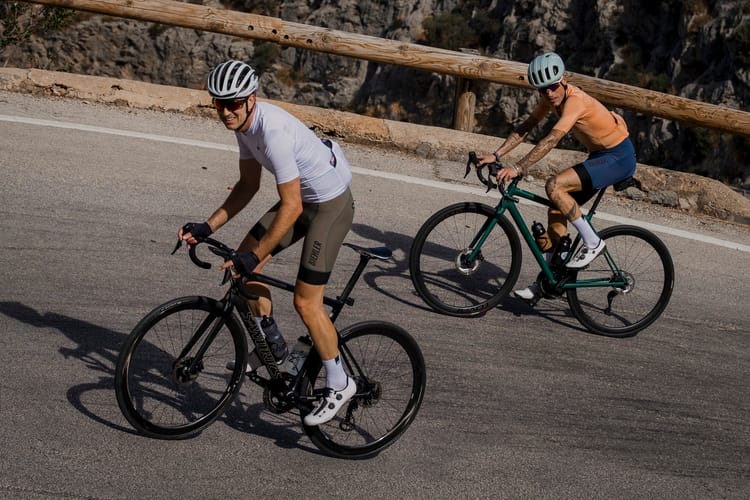
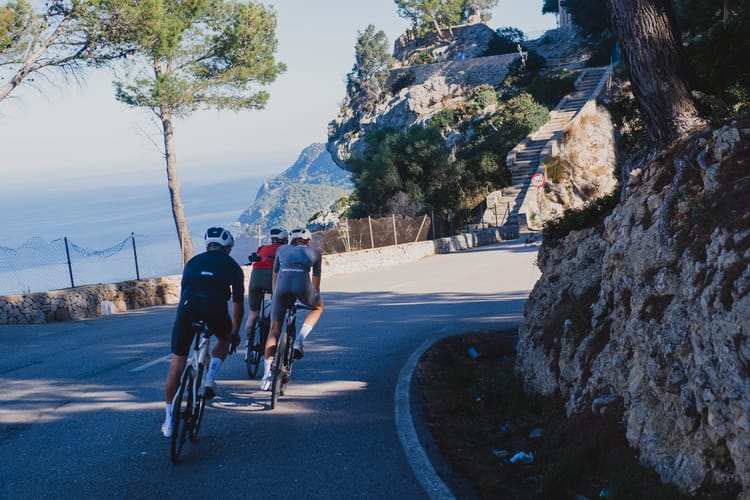
Member discussion